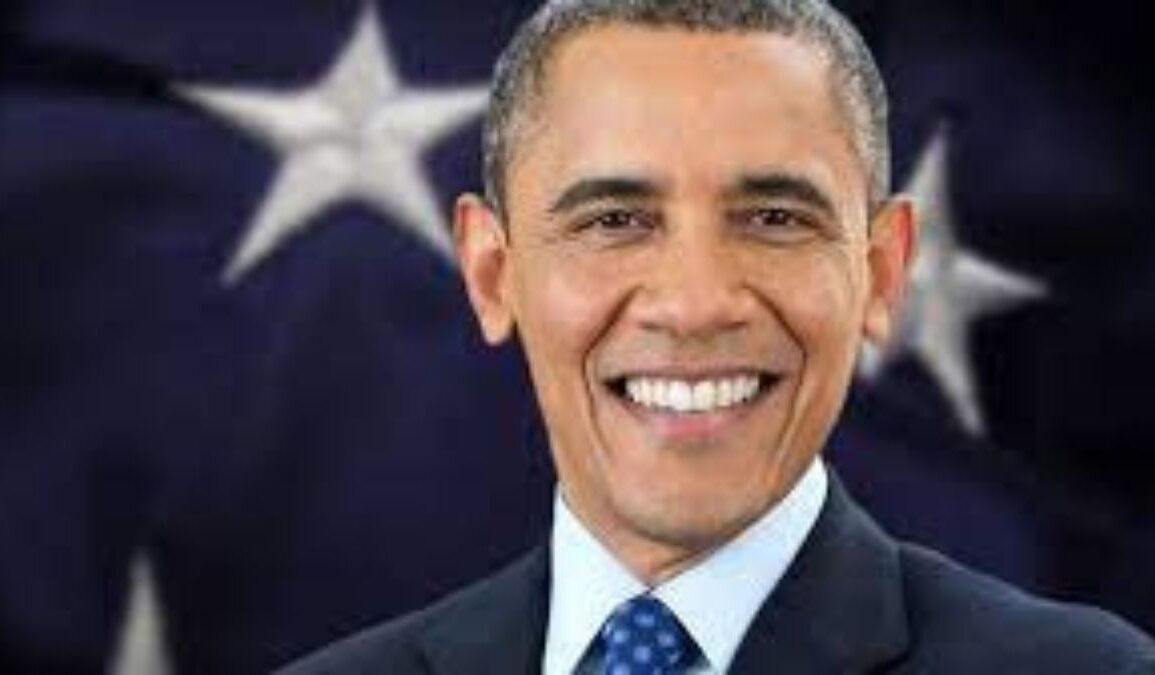
Did you know that in 2008, Barack Obama became the first African American President of the United States? The founders of the Constitution expected leadership that transcends riches and connections, a goal accomplished when Obama believed in the presidency despite accusations of discrimination.
This feat was particularly significant given the country’s history of exploitation and prejudice. Barack Obama was born in Hawaii on August 4, 1961. His father, Barack Sr., was a Kenyan economist, and his mother, Stanley Ann Dunham, hailed from Kansas. After spending some of his boyhood in Indonesia, Obama returned to Hawaii to attend Punahou School on a scholarship, laying the groundwork for his amazing career.
His path took him to New York City before he changed gears to become a community organizer on Chicago’s South Side, where he worked to affect local communities confronting economic issues positively.
Path to Presidency
In 1992, Obama married Michelle Robinson and entered politics as a member of the Illinois Senate, setting the stage for his ultimate election to the United States Senate in 2004.
In 2004, Barack Obama won a Senate seat by defeating Republican Alan Keyes in a historic election in which both main candidates were African American. Obama’s national profile skyrocketed during his Senate race, particularly after his keynote speech at the Democratic National Convention in July 2004.
This powerful speech connected his personal story with a uniting theme and propelled Obama to political prominence, turning his formerly unknown biography into a best-seller. A significant visit to his father’s Kenyan hometown in August 2006 boosted Obama’s worldwide profile, cementing his status as a notable political figure.
Also Read | Political Positions of Barack Obama
Shaping the World: Obama’s Global Vision
Obama’s second term strengthened his reputation, culminating in a stunning win against Mitt Romney in 2012. Key international developments, such as the killing of Osama bin Laden and diplomatic progress with nations such as Iran, were overseen by him.
Environmental issues were a key component of his agenda, as seen by a landmark climate change accord ratified by most nations to prevent global warming.
Obama’s Path to Nomination
Barack Obama’s historic run for the Democratic nomination in 2008 was distinguished by an order of successes and losses. With victories in important elections such as the Iowa caucus and numerous states on Super Tuesday, including Illinois and Missouri, Obama displayed wide party support.
Despite Hillary Clinton’s victory in California and New York, Obama continued to advance, gathering pledged delegates through wins in following primaries and caucuses. After winning superdelegates and exceeding the needed delegate count in the last primaries in Montana and South Dakota on June 3, Obama sealed his position as the Democratic nominee, concluding a historic presidential campaign.
Barack Obama’s journey to the Democratic nomination in 2008 was an incredible journey of endurance and success, and it serves as a testimony to hope and change. His momentous accomplishment represents a watershed point in American politics, evoking the dramatic effect of a campaign that broke down boundaries and inspired millions.


